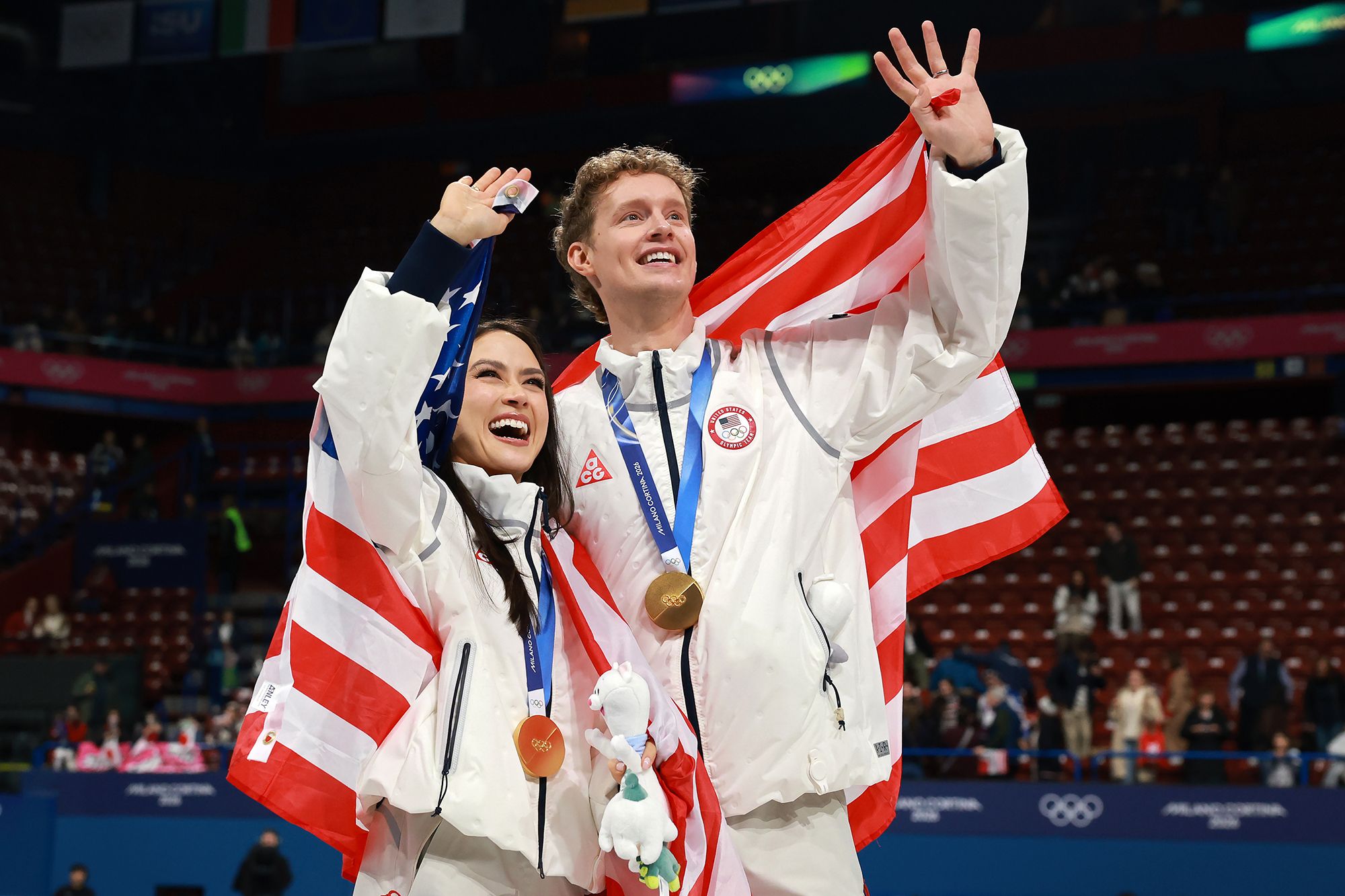Was Sie über den neuen RSV-Impfstoff für schwangere Frauen wissen sollten

Ärzte in den Vereinigten Staaten haben wahrscheinlich bald zwei Optionen, um die jüngsten Menschen vor RSV zu schützen.
Am 22. August hat die U.S. Food and Drug Administration den ersten RSV-Impfstoff für Schwangere zugelassen. Durch die Impfung vor der Geburt - zwischen der 32. und 36. Schwangerschaftswoche - werden durch den Impfstoff ausgelöste Abwehrmechanismen auf Neugeborene übertragen, um sie während ihrer ersten Lebensmonate zu schützen (SN: 4/27/23).
RSV oder das respiratorische Synzytialvirus verursacht Atemwegserkrankungen und ist die häufigste Ursache für Hospitalisierungen von Säuglingen in den Vereinigten Staaten. Jedes Jahr werden schätzungsweise 58.000 bis 80.000 Kinder unter 5 Jahren wegen des Virus ins Krankenhaus eingeliefert. Der Impfstoff gesellt sich zur Antikörperbehandlung Beyfortus (Nirsevimab), die ebenfalls kürzlich von der FDA zugelassen wurde, als weitere präventive Option zur Abwehr des Virus.
"Es ist großartig, dass wir neue Werkzeuge haben, um Kinder zu schützen", sagt die Kinderinfektionskrankheitärztin und Virologin Betsy Herold.
In einer Studie mit ungefähr 7.000 schwangeren Frauen wurden weniger Babys von Personen, die den von Pfizer hergestellten Impfstoff erhalten hatten, schwer krank im Vergleich zu Babys, deren Eltern ein Placebo erhielten.
Die Ergebnisse sind vielversprechend. Aber es ist immer noch unbekannt, wie der neue Impfstoff und das Antikörpermedikament in Gesundheitszentren im ganzen Land eingesetzt werden könnten, sagt Herold vom Albert Einstein College of Medicine und dem Kinderkrankenhaus Montefiore in New York City.
Because most of the births in Pfizer’s clinical trial were full-term, scientists don’t know whether the vaccine protects this vulnerable population, Herold says. This “doesn’t mean that [the vaccine] is not good, or that it doesn’t have potential advantages. But there are caveats.”
How long vaccine protection lasts is also unclear. Data show a reduced risk of severe RSV up to six months after birth. But protection falls off over time, Herold says.
That may in part be because many antibodies from mom transferred during pregnancy don’t stick around for a long time in babies. “Certainly, most of the hospitalizations are in the younger babies, but we also see [RSV] in 8-month-olds and 9-month-olds,” when protection from mom is dwindling. Antibodies passed from mom to babies during breastfeeding may also help ensure infants have a steady supply of protection, Offit says.
The new drug Beyfortus, an engineered antibody that is given as a shot, will be available this fall, according to the CDC. It could especially help protect babies born prematurely and those older babies that are at higher risk. But there are questions about when to use the drug over the vaccine or vice versa, Herold says. Or “is there any rationale for using both? Is that overkill?”
Based on how the antibodies interact with the virus, each approach has its benefits. Beyfortus antibodies are engineered to attach to a specific spot on the virus and activate the immune system for protection. Those antibodies stick around in babies’ bodies longer than the antibodies from vaccination that are transferred during pregnancy.
But the antibodies made in response to the vaccine glom onto many spots on the virus, Offit says. Such varied points of attack from those antibodies would be helpful if the virus acquires mutations that make it so Beyfortus no longer recognizes it. That would be much like the coronavirus did during the pandemic, rendering antibody treatments to prevent severe COVID-19 ineffective (SN: 1/11/22).
While variants are always something to worry about, Offit says, RSV doesn’t seem to mutate as quickly as the coronavirus does. Another lab-made antibody has been available since 1998 for high-risk infants without losing effectiveness against RSV variants capable of dodging the immune system. And earlier this year, the FDA approved an RSV vaccine for people older than 60, an age group at high risk for severe RSV (SN: 5/3/23). Antibodies from vaccinated people still recognized a wide variety of RSV variants, researchers report August 23 in Science Translational Medicine.
For now, Herold says, there are many unanswered questions. But the CDC’s recommendations are probably coming soon — though the timing hasn’t been announced — and could provide some clarity.
Our mission is to provide accurate, engaging news of science to the public. That mission has never been more important than it is today.
As a nonprofit news organization, we cannot do it without you.
Your support enables us to keep our content free and accessible to the next generation of scientists and engineers. Invest in quality science journalism by donating today.




